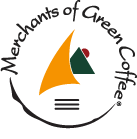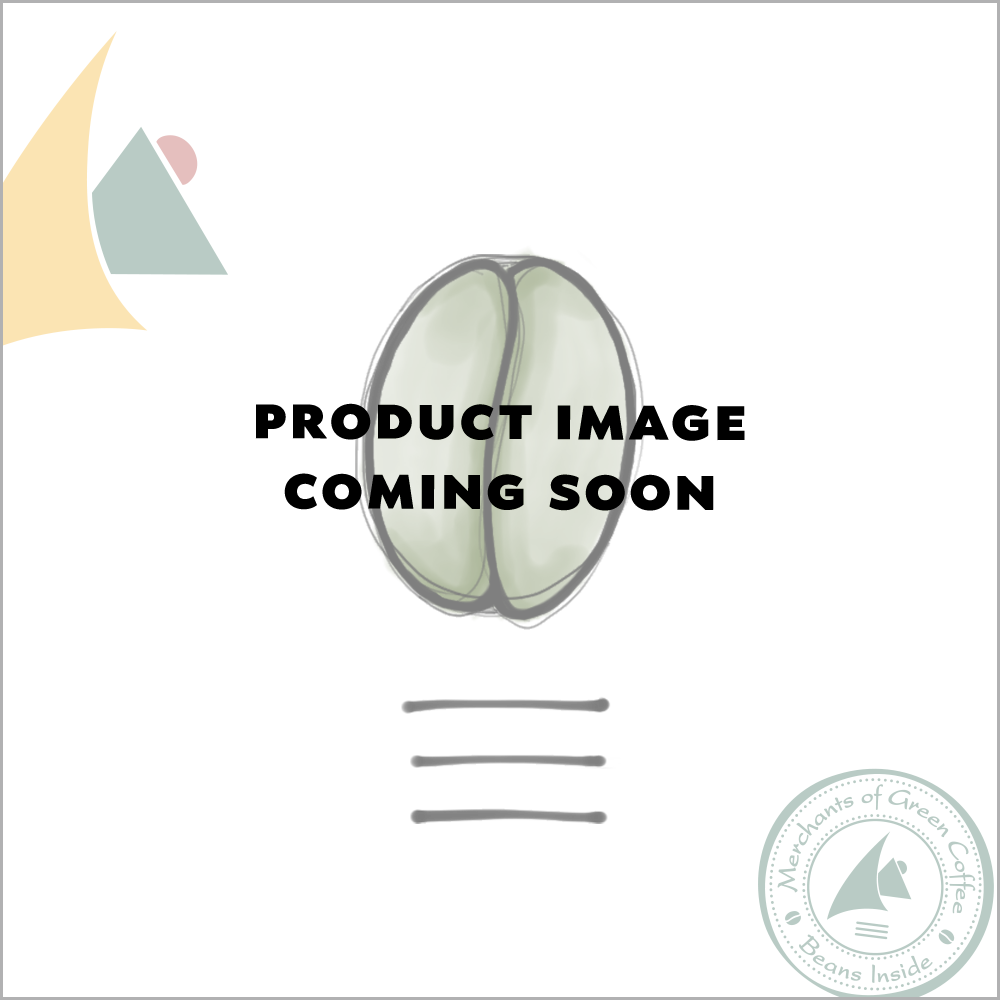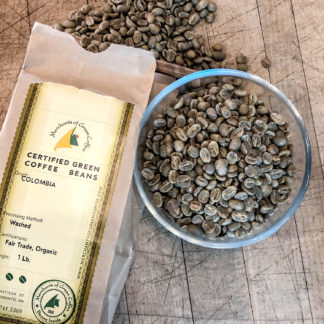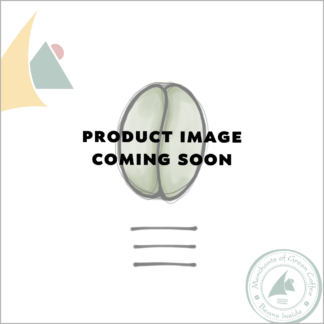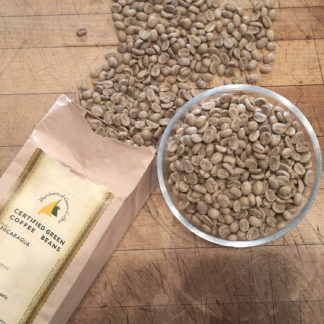Description
The Cooperative
Cooperativa Agraria Norandino (marketing, financing, and technical training umbrella) / Coop Candorcanqui (coffee producer coop)
Cooperativa Agraria Norandino (formerly known as CEPICAFE) was founded in March 1993 with 200 members.
They have since grown into a second level non-profit organization which represents coffee and sugar cane producers of the Piuran mountains of northeastern Peru; Coop Norandino. Coop Candorcanqui exports its coffee through Coop Norandino, the umbrella organization serving coop members’ marketing, financing and technical training needs.
Cooperativa Agraria Cafetalera Jose Gabriel Condorcanqui in Coyona is one of the oldest coops in the region; founded on Nov. 4, 1969 (and named after an indigenous hero Tukamaro II who led a revolt against the Spaniards on Nov. 4, 1779). With a total of 200 members spread across 5 casilleros, this represents the vast majority of the local population in the region. Within that membership, 100 producers live in the town of Coyona itself with coffee fields located between 1,000 and 1,600 meters above sea level. This kind of proximity and cohesion is rare in rural cooperatives, offering their members greater opportunities for community impact and development.
Through the consolidation of member organizations under the Norandino umbrella, members have worked collectively to improve quality and overall production under certified organic practices, and have increased their exports from 550 qq of coffee in 1997 to nearly 40,000 qq into specialty markets in North America, Europe and Asia. Farmers also receive access to financing and development projects. This has facilitated the diversification of their production base to include a range of products from panela (raw brown sugar), jams and cocoa, to crafts and tourism.
For the past several years, Coop Coffees and its roasters members have been working with Norandino to resuscitate the traditional natural process coffees of the Canchaque region of northern Piura.
